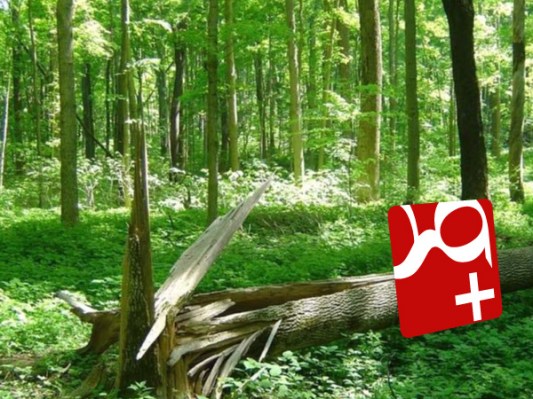Google+ experienced an outage this morning, and almost no one noticed. Gizmodo poked fun. Engadget wrote a few sentences. Someone posted it to Hacker News. Where it gained zero comments.
Google+, reportedly the fastest-growing social network in history (or fastest-growing “thingy” ever), and reportedly the second-biggest social network worldwide, experiences an outage, and nothing hits Techmeme. Google+, where the President of the United States just hungout, goes down, but Twitter users (and TechCrunch reporters) only have jokes, not frantic questions and concerns.
This is the problem with the perception surrounding Google+ in a nutshell; it’s two things: a website on the Internet which is perceived as an “anti-Facebook” no one cares about and also a deeply integrated piece to Google’s overall platform.
Google has rightly moved to implement a social layer across all its properties in its efforts to stave off on the increasing competition from Facebook. It’s taking on Facebook in social, as Facebook takes it on in search. To do so, Google needs social-data signals to feed into its massive digital brain. But while the site can boast metrics like “more than 500 million people upgraded!”, it’s disingenuous in terms of how many visit Google+ the way they would a destination site like Facebook.
And that’s the problem. Google+ is not even really a destination site. That’s a part of it, yes, but that’s the part of most questionable merit. It’s FriendFeed redux, with some extra clever features, like multi-person video chats and “Circles.” It mostly seems to be popular among those who like to aggressively post comments in its defense if you dare to question its lasting value.
But the real Google+ is everywhere. It can’t be avoided, remember? And some of its better parts aren’t some website on the Internet. After all, “hanging out in Gmail” feels like using Gmail, not heading over to a specific place and posting things you want to share with friends. Seeing friends’ faces appear in Google search results feels like an upgraded version of Google.com, not a Facebook alternative.
And yet, because this plus.google.com “alt Facebook” exists, Google opens itself up to ridicule and skepticism.
And Google makes it worse because it will never tell you how many visitors Google+, just the homepage, has. I mean, even when you specifically ask Google communications questions like a) define how you determine if a user is “active” or say, b) how many active users visit the Google+ website itself (that is, just the URL plus.google.com)?. The lines suddenly go quiet.
That’s why it doesn’t feel like the world is ending when Google+ goes down. Sure, today’s outage was temporary. It’s Friday, too. But the lack of chest-clutching horror that Facebook sees after five minutes in the dust, explains what position Google’s destination network holds in Internet users’ lives.
h/t: Yes, @TaylorLorenz, I totally stole that for my headline
